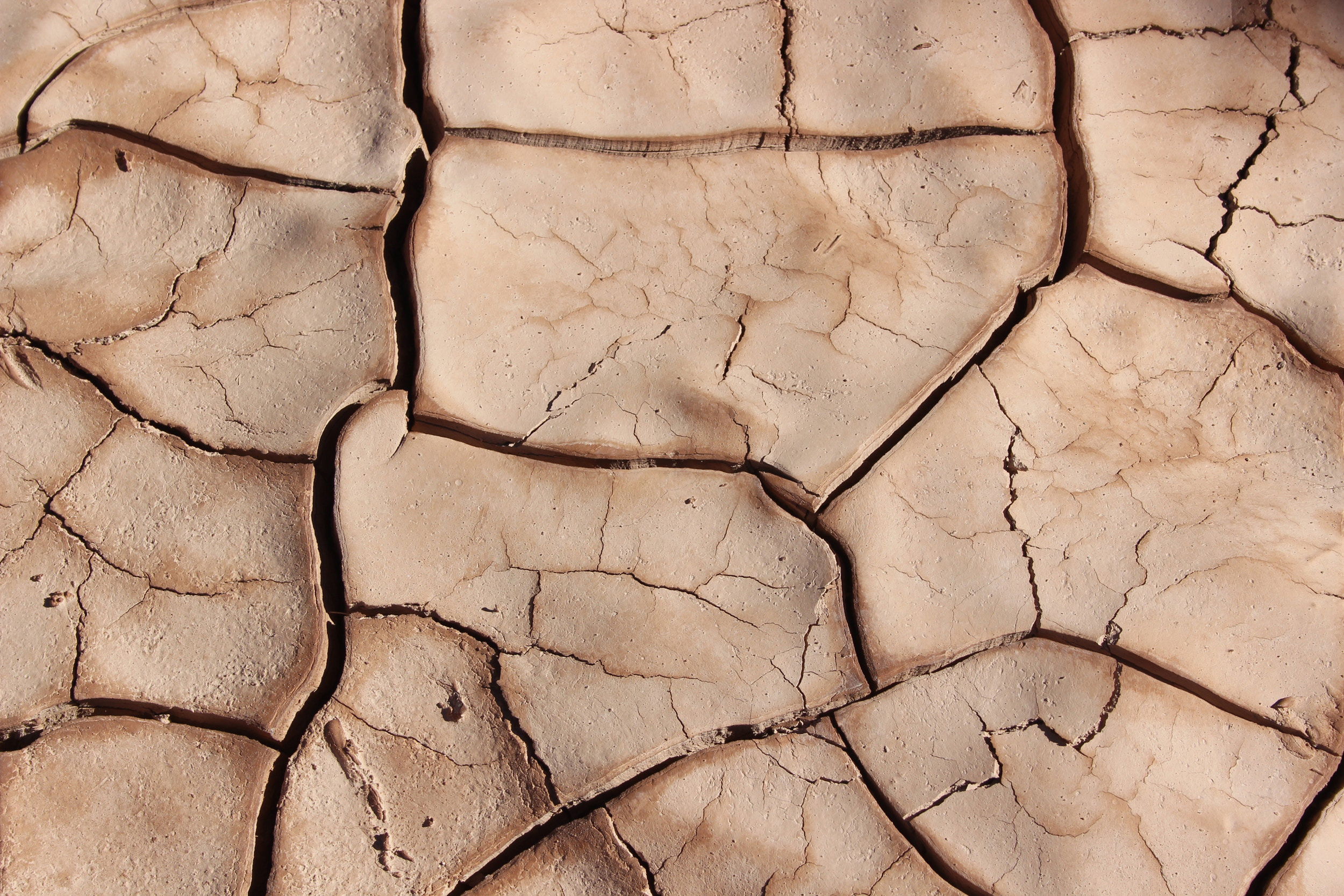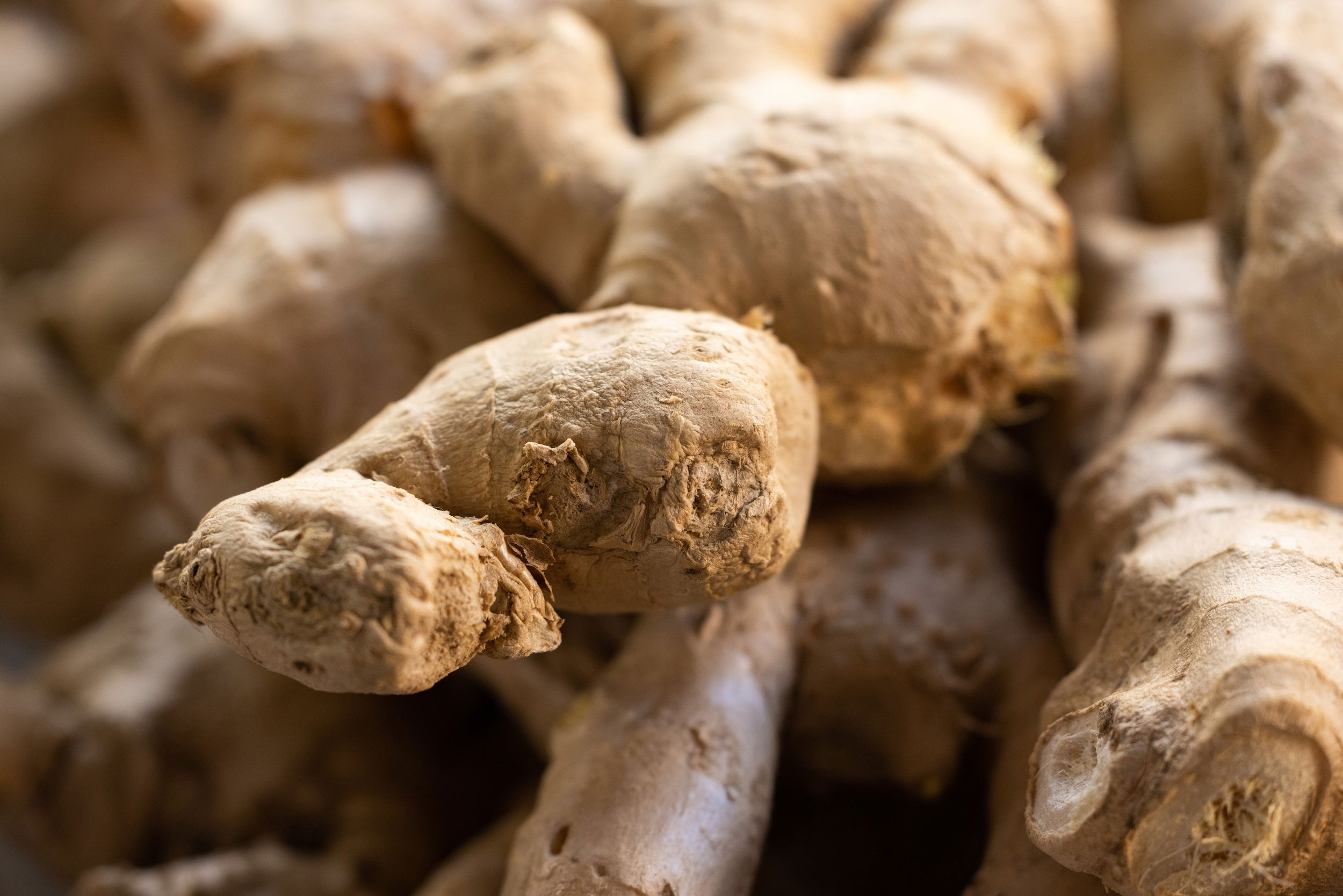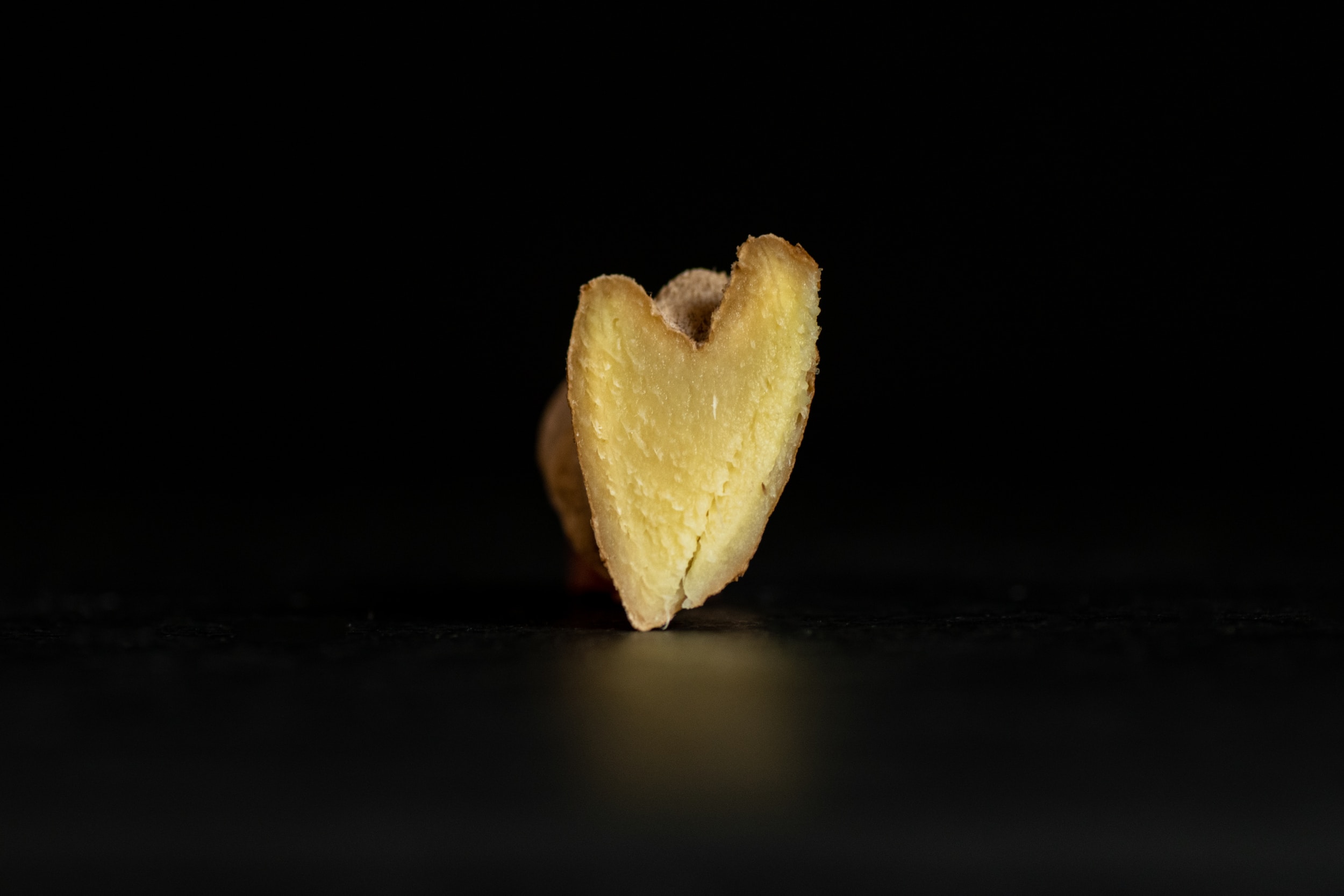Dried ginger is a popular spice made from fresh ginger that has been dried either through sun-drying or machine-drying processes.
Dried ginger is a common ingredient in many cuisines and traditional medicines around the world. It is the dehydrated form of ginger root, known for its distinct taste and aroma. Drying ginger not only extends its shelf life, but it also enhances its flavor and nutritional properties.
In this article, we will explore what dried ginger is, the process of drying ginger, its nutritional benefits, culinary uses, medicinal properties, potential side effects, and tips for storing and using it. Whether you're a seasoned cook or a health enthusiast, this guide will provide valuable insights into the world of dried ginger.

Introduction to Dried Ginger
What is dried ginger?
Dried ginger is a popular spice made from fresh ginger that has been dried either through sun-drying or machine-drying processes. It is commonly used in cooking, baking, and herbal medicine for its unique flavor and potential health benefits.
The history of dried ginger
Dried ginger has a rich history that dates back to ancient times. It was commonly used in Chinese, Indian, and Middle Eastern cultures for medicinal purposes. It was also a popular trade commodity during the spice trade era and was highly valued for its various uses.

The Process of Drying Ginger
How is ginger dried?
Ginger is dried by first washing and peeling the rhizome. Then, it is sliced or grated into smaller pieces and either placed in trays under the sun or dried in a dehydrator. The dried ginger is then sorted and packaged for sale.
Types of dried ginger
There are two main types of dried ginger: whole dried ginger and ground ginger. Whole dried ginger is available in slices or chunks, while ground ginger is a fine powder. Both types can be used in a variety of cuisines to add flavor and spice.
Nutritional Benefits of Dried Ginger
Vitamins and minerals in dried ginger
Dried ginger contains several essential vitamins and minerals, including vitamin B6, iron, and potassium. It is also a good source of fiber and antioxidants.
Health benefits of consuming dried ginger
Dried ginger has been shown to have anti-inflammatory and anti-nausea effects, making it a popular natural remedy for digestive issues. It may also help lower blood sugar levels and reduce muscle pain and soreness.

Culinary Uses of Dried Ginger
Using dried ginger in cooking and baking
Dried ginger is a versatile spice that can be used in sweet and savory dishes. It is commonly used in gingerbread, curries, stir-fries, and marinades.
How to substitute fresh ginger with dried ginger
When using dried ginger in place of fresh ginger, use approximately one-third to one-half teaspoon of dried ginger for every tablespoon of fresh ginger. It's important to note that the flavor of dried ginger is more concentrated than fresh ginger, so adjust accordingly.
Medicinal Properties of Dried Ginger
Dried ginger, also known as ground ginger powder, isn't just a spice for cooking. It has been used for centuries as a traditional medicine in many cultures, and modern research is starting to catch up with the health benefits that people have known about for ages.
Traditional and modern medicinal uses of dried ginger
In traditional medicine, dried ginger has been used to treat a variety of ailments, including nausea, vomiting, coughs, and colds. In modern medicine, ginger has been found to have anti-inflammatory properties that can help with conditions such as osteoarthritis and migraines. Additionally, ginger has been proven to help with digestive issues and can be taken to alleviate symptoms such as bloating and gas.
Dried ginger for digestive health and nausea
One of the most well-known benefits of dried ginger is its ability to soothe digestive discomfort. It aids in digestion by increasing the production of digestive fluids and enzymes, making it easier to break down food. Dried ginger has also been shown to help alleviate nausea, including morning sickness in pregnant women and motion sickness. Drinking ginger tea or using dried ginger in cooking can be an effective way to reap these benefits.

Potential Side Effects of Consuming Dried Ginger
When to avoid dried ginger consumption
While dried ginger is generally safe for most people, there are some situations in which it should be avoided. People who take blood thinners should consult with their doctor before consuming ginger in any form, as it can increase the risk of bleeding. Additionally, those who have gallstones or are on medication for diabetes should speak with their doctor before adding ginger to their diet.
Possible allergic reactions to dried ginger
It is possible to have an allergic reaction to ginger, whether fresh or dried. Symptoms could include hives, difficulty breathing, or swelling of the face, lips, or tongue. If you experience any of these symptoms after consuming ginger, seek medical attention immediately.

Tips for Storing and Using Dried Ginger
How to store dried ginger
To keep dried ginger fresh for longer, store it in a cool, dry, and dark place, such as a pantry or spice drawer. Avoid storing it in the refrigerator, as the moisture can cause clumping and spoilage. Stored properly, dried ginger can last up to a year.
How to use dried ginger in your daily diet
There are many ways to incorporate dried ginger into your daily diet. You can add it to smoothies, tea, or coffee, or use it as a spice in cooking. It can be added to soups, stir-fries, or marinades for meat or fish. You can even sprinkle it on top of oatmeal or yogurt for added flavor and health benefits.

Conclusion and Final Thoughts on Dried Ginger
Overview of dried ginger's benefits and uses
Dried ginger is a versatile and healthy spice that has been used for centuries for its medicinal properties. It can help with digestive issues, nausea, and inflammation, among other things.
Finding and buying high-quality dried ginger
When buying dried ginger, look for organic, non-irradiated options that are free of additives and preservatives. You can find it in most grocery stores, health food stores, or online. Incorporating dried ginger into your diet is an easy and flavorful way to support your overall health and well-being.
In conclusion, dried ginger is a versatile and beneficial ingredient that can be used in a variety of ways. From adding flavor to your favorite dishes to helping with digestion and nausea, dried ginger is a valuable addition to any healthy diet. Remember to store it properly, and use it in moderation to avoid any potential side effects. Whether you're a fan of its unique taste or its health benefits, dried ginger is definitely worth exploring in the kitchen and beyond.

FAQ
What is the difference between fresh ginger and dried ginger?
The main difference between fresh ginger and dried ginger is the water content. Dried ginger has had the majority of the water removed, making it more concentrated in flavor and nutrients. Fresh ginger is usually juicier and milder in taste than dried ginger.
Can I substitute fresh ginger for dried ginger in a recipe?
Yes, you can substitute dried ginger for fresh ginger in a recipe, but keep in mind that the flavor will be more intense. As a general rule, use 1/4 teaspoon of dried ginger for every 1 tablespoon of fresh ginger called for in a recipe. You may need to adjust the amount based on your personal taste.
Are there any side effects to consuming dried ginger?
In general, dried ginger is safe for consumption in moderate quantities. However, consuming very large amounts of dried ginger may lead to digestive issues such as gas, bloating, and diarrhea. Additionally, some people may be allergic to ginger and should avoid it altogether.
How long can I store dried ginger?
Dried ginger can last up to two years if stored in an airtight container in a cool, dry place. To extend its shelf life, you can also store dried ginger in the refrigerator or freezer.
